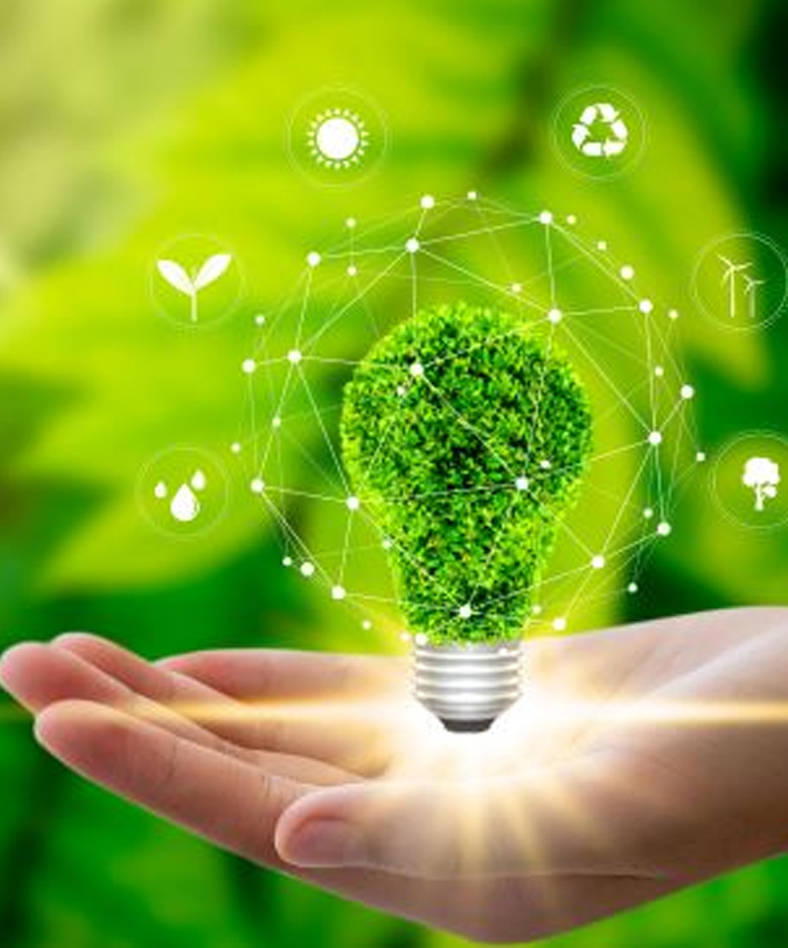Lights and fans
- Turn off lights and fans when not in use.
- Use LED bulbs instead of incandescent or CFL bulbs to save energy.
- Maximize natural light during the day by opening windows and curtains.
- Install motion sensors or timers in areas like corridors or restrooms.
- Use star-rated energy-efficient fans, especially BLDC ceiling fans.
- Regularly clean fan blades and light fixtures to maintain performance.
- Use task lighting (e.g., desk lamps) instead of lighting the entire room.

